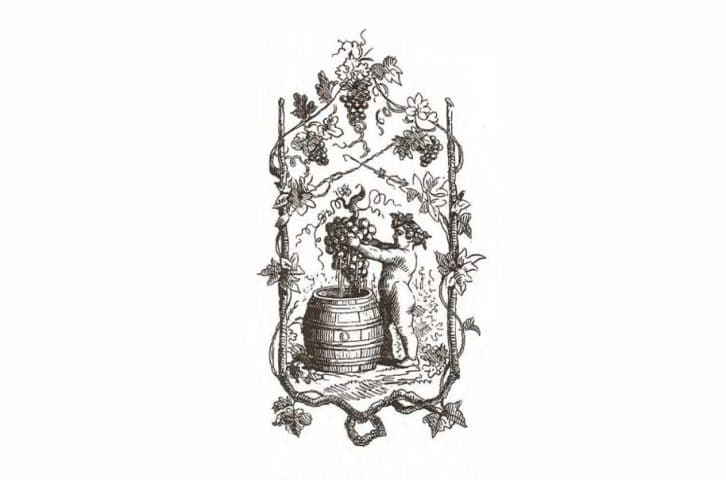Books Reviewed
This biography of the leading Massachusetts patriot of the Revolutionary period, John Hancock, is written in an accessible, non-academic style, and will appeal to both lay and expert readers.
John Hancock served as governor of Massachusetts, president of the Continental Congress, and president of the Massachusetts ratification convention. From the beginning of the Imperial Crisis until his death in 1793, Hancock incontestably was the foremost figure in New England political life. Yet his station at birth gave little indication of his future eminence.
Hancock’s father died when he was only seven years old. This personal disaster would prove to be a political disaster for the First British Empire. John soon was adopted into the family of his childless paternal uncle, Thomas Hancock, who from his home on Beacon Hill in Boston controlled a private fleet of trading ships; extensive real estate holdings in Massachusetts and the rest of New England; and an enormous network of trading relationships. His intention was to remake his uncouth, rural nephew into the heir to this merchant empire—to train him to dominate the highest of colonial high society. John Hancock took to his new surroundings like a fish to water.
Unger is at his best in describing the physical and social setting in which Hancock moved. The life of the “merchant king” was one of great luxury, and Unger provides contemporary maps and sketches illustrating it: the sumptuous house; the battalion of servants; the carriages emblazoned with the Hancock arms; the parks, fire engines, and other gifts from Hancock to his adopted city; and the gifts to myriad common people teetering on the brink of economic ruin as a result of the Revolution’s disruption of trade. Unger also shows the close connection between Hancock’s unparalleled wealth and his political success. Unsurprisingly, beneficiaries of Hancock’s munificence felt inclined to repay him with election to high office.
The leading weakness in Unger’s account is the short shrift he gives to the patriots’ constitutional arguments in the Imperial Crisis. So, for example, one reads that James Otis’s and Patrick Henry’s arguments about the constitutionality of British taxation were “fatuous.” Unger notes that many residents of Great Britain were unrepresented in Parliament, so that the colonists in North America had no special grievance. In other words, if the British political establishment deprived some of George III’s subjects in England of their rights, George’s subjects in America could not legitimately complain about infractions of their rights, either. From this argument to the conclusion that no one in any country at any time could ever claim any particular right is not a long leap.
As far as Unger is concerned, it was Hancock’s attention to his fortune that tipped the scale for him in the 1760s and 1770s in the contest between the royal government and Boston’s patriot mobs. At first, Hancock was loyal to the king and country whose law gave him the opportunity to become rich and influential, cultivated and comfortable. His connections and temperament made him uncomfortable with men like the street toughs surrounding the easily angered Samuel Adams. Hancock is typical of the moderate men who took a while to come around to Adams’s way of thinking, in part because of their distaste for his tactics.
But in the face of the increasingly exacting British tariff policy, and with the Boston mob at his back, Hancock ultimately cast his lot with the patriots. To the annoyance of John and Samuel Adams, Hancock’s political course, coupled with his extremely extensive philanthropy, made him by far the most popular man in Massachusetts politics.
Unger’s account of the Massachusetts campaign to ratify the federal constitution nicely illustrates the Adams clique’s resentment of Hancock. While Hancock, then governor and president of the ratifying convention, suffered through an extreme physical debility, the Adamses wrote to one another about Hancock’s supposed posturing and his sly intention to await the verdict of the convention before declaring himself. In fact, Unger shows, Hancock was certain that the Constitution must be ratified to preserve the fruits of the Revolution, but was simply unable to participate fully in the ratification convention’s deliberations.
Unger’s Hancock is a worthy man in virtually every way, and John Hancock: Merchant King and American Patriot is well illustrated in the bargain.



